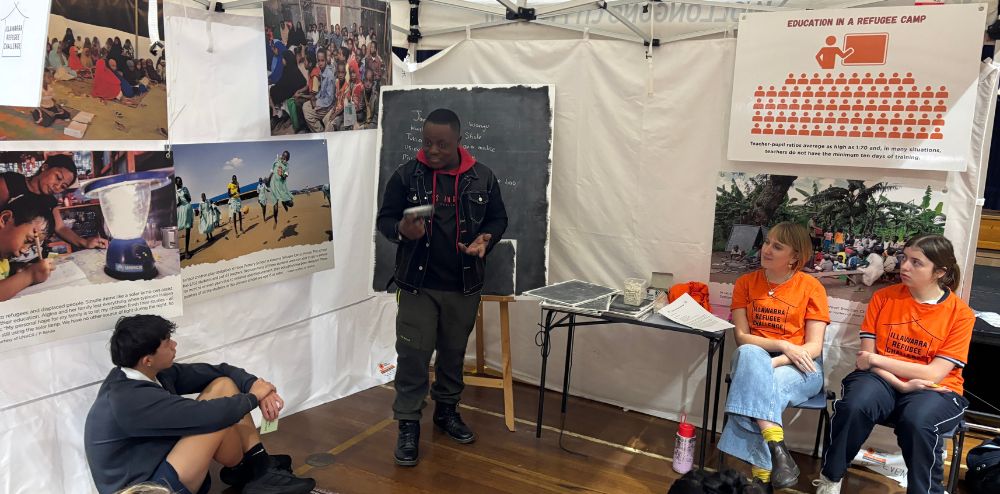
Wollongong has long opened its arms to people from around the world looking to make our beautiful city home.
The contribution of various migrant communities in building the Wollongong we know and love has been well documented for more than half a century. It includes those who arrived as refugees, many fleeing the horrors of war and conflict in their country of birth.
People from Europe arrived in the wake of World War II, while the Vietnam War brought many to Australia in the 70s. Conflict in the Balkans in the early-to-mid 90s also saw Bosnian, Croation and Serbian communities make Wollongong home.
More recently, Wollongong has welcomed refugees largely from the Middle East, Myanmar, various African nations and Ukraine, contributing to the cultural diversity our famously multicultural city. It's seen more than 3600 refugees settled in Wollongong since 2006, with 210 settled in 2024.
This contribution is recognised each year by the Refugee Council of Australia's Refugee Week (15-21 June), which this year carried a theme of Finding Freedom: Diversity in Community.
It's a message strongly supported by Wollongong City Council, which works with partner agencies such as the Multicultural Communities Council Illawarra (MCCI), Illawarra Multicultural Services (IMS), and Southern Youth and Family Services (SYFS) to provide a strong local support network for refugees arriving in Wollongong.
A key initiative since 2015 has been a collaboration with MCCI to bring the annual Illawarra Refugee Challenge to local schools to increase awareness and understanding of refugee experiences among young people.
Originally from Myanmar, Ku Mima Mo was a co-facilitator and speaker as part of the last year's Challenge where she shared her experience of coming to Australia as a seven-year-old before settling in Wollongong.
She has since been engaged by Council in a Community Development Project Officer role to work on this year's Challenge, which was held at Figtree High School on Wednesday (2 June), reflecting the evolution of the program over more than a decade to incorporate more varied refugee voices and experiences.
"Having that opportunity to talk with these students about my personal experience is great and it leads me to reflect on my own journey and my own experiences as well," Ku said.
"I think it's really powerful to show people at a young age, this is what's happening around the world. It's not something out of a movie or a documentary, this is real life, this is my personal experience, and so many other peoples'.
"In targeting students in high schools, they're at an age where they're growing and they're learning about the world, and I think it's really good to help them see the world from a different viewpoint. It's been amazing, I've felt so privileged to be a part of it."
The program involves training senior students to then guide their peers in younger year groups through a semi-simulated refugee experience tour reflecting different aspects of the refugee journey.
The eye-opening tour provides a literal insight into refugee camp conditions, including food and water supply, toilets, education, medical facilities and shelter. The tours are co-facilitated by people with a refugee background who can share their experiences with students.
"We can be very proud of the fact that Wollongong is a truly multicultural city that celebrates diversity and welcomes people from many different backgrounds," Lord Mayor of Wollongong Councillor Tania Brown said.
"The Refugee Challenge is an excellent initiative to educate young people about the journey many people make to pursue a better life as part of our community.
"It's a valuable experience for the students involved but, particularly with what is occurring around the world at the moment, it's an eye-opener for all of us, and a reminder of how lucky we are to Wollongong and Australia home."






